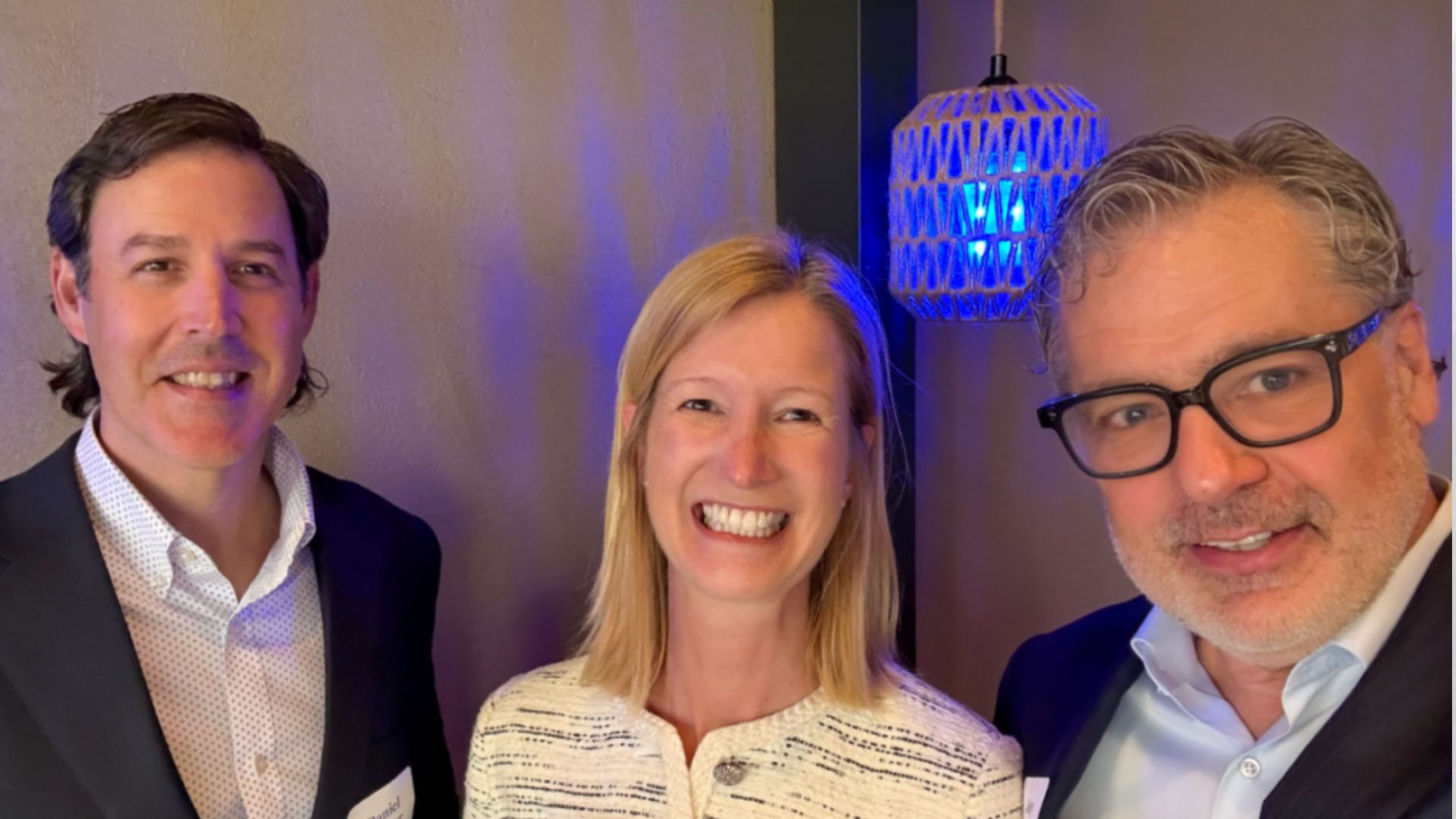
Highlights from our Level Table Dinner
The state of antitrust and competition under a new presidential administration was on the menu at our latest Level Table dinner in Washington, D.C. The Level Legal team gathered with an engaging group of lawyers from the D.C. legal community over fine food and drinks and shared a lively conversation led by our featured speaker, Avery Gardiner, Global Competition Policy at Spotify.
Gardiner shared her thoughts on antitrust law from her unique perspective working at Spotify, providing an overview of the challenges tech and media companies face and how those challenges impact and overlap with other industries. What do those challenges look like and where does Gardiner see the practice of antitrust law heading under a new regime? Read on to find out.
The Impact of the Digital Markets Act
The Digital Markets Act (DMA), passed in 2022 and in effect as of 2023, is a landmark law in the European Union that aims to “comprehensively regulate the gatekeeper power of the largest digital companies.” The law sets certain obligations for companies that it deems “gatekeepers.” Currently, seven companies are designated as gatekeepers: Alphabet, Amazon, Apple, Booking, ByteDance, Meta, and Microsoft.
Gardiner noted that, alongside the United Kingdom’s Strategic Market Status designation, which creates a similar regime to the DMA, these laws represent a shift from traditional antitrust doctrine for the global market. Rather than defining companies solely by their market share, the laws also contemplate the companies’ roles in controlling access between customers and other businesses.
One insight shared about these new rules is that, in practice, they are being used to favor domestic growth within their respective regions. As an example, Gardiner referenced “The future of European competitiveness,” a report by Mario Draghi, former President of the European Central Bank, which encourages the EU to increase investments in industry so the region doesn’t risk falling behind its global competition.
While the new regulations currently focus on Big Tech, Gardiner also raised questions about how these laws could be applied to other sectors, such as pharmaceuticals and transportation.
What a New Administration Might Mean for Antitrust
With the Trump administration taking the helm of the federal government just a few months ago, the full effect of new policies on antitrust and competition is still uncertain. Some of the key topics highlighted by Gardiner and discussed by the group included:
- Enforcement as an alternative to regulation: Gail Slater, Assistant Attorney General for the Antitrust Division in the U.S. Department of Justice, embraced this concept at her Senate Judiciary Committee hearing. She likened regulations to a “sledgehammer” and suggested that instead wielding targeted enforcement actions as a “scalpel” is the better option.
- An increased antitrust focus on Big Tech: Appointments and nominations (e.g., Mark Meador’s nomination for Commissioner of the Federal Trade Commission) suggest that the Trump administration will look more closely at Big Tech, particularly as it relates to moderation and censorship of speech.
- The administration’s reaction to the DMA: In its 2025 National Trade Estimate Report on Foreign Trade Barriers, the U.S. Trade Representative identified the DMA as a trade barrier, reflecting growing tensions between the U.S. and the EU.
- Implications for M&A: The general feeling is that non-tech M&A deals may have an easier road to approval in the Trump administration, however, tech-related mergers will face more intense scrutiny. On the other hand, as mentioned above, Gardiner noted that tech-related deals in the EU or UK may have easier paths—especially after the backlash from the UK’s initial block of the Microsoft and Activision merger.
A Rising Focus on Censorship and Content Moderation
One of the hottest topics for the attendees at our Level Table dinner discussion was content moderation and the role and responsibilities of tech companies regarding the sharing of information. The subjects covered were almost as wide-ranging as the opinions, and some of the top issues the group discussed were:
- The role of platforms in moderating lawful but potentially harmful content
- Whether organizations like the Global Alliance for Responsible Media lean more toward stifling competition or supporting public safety
- Where to draw the line regarding First Amendment Rights and misinformation
- Whether Section 230 needs to be revisited to place more meaningful legal consequences on platforms hosting harmful content
- The difficulty of managing these concerns in a global environment with varying standards across countries
Overall, the main themes that captured the conversation at our Level Table dinner were the shaping of antitrust law as a geopolitical tool, platform governance and data control as the next big legal battleground, and the need for more clarity in new antitrust rule regimes. Where these themes will bring us over the next few years is yet to be seen, however, it’s clear that antitrust and competition practitioners will have a lot of new and interesting challenges.
We were delighted to host this incredible discussion with this group of legal luminaries. Curious about when we’re hosting our next Level Table dinner? Contact our team.


